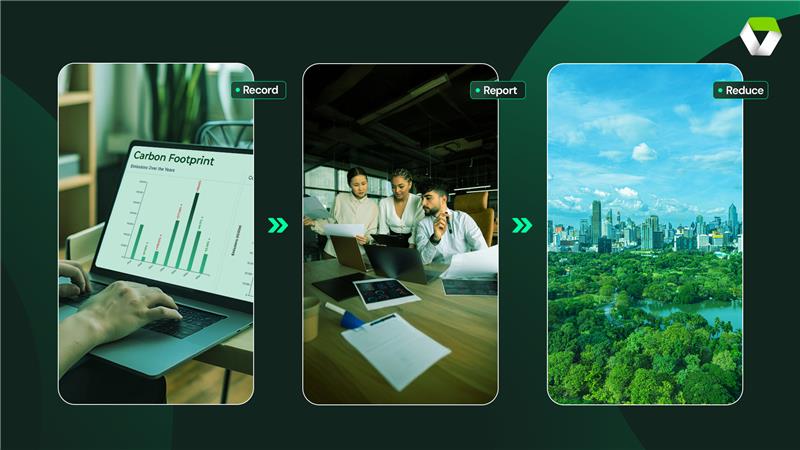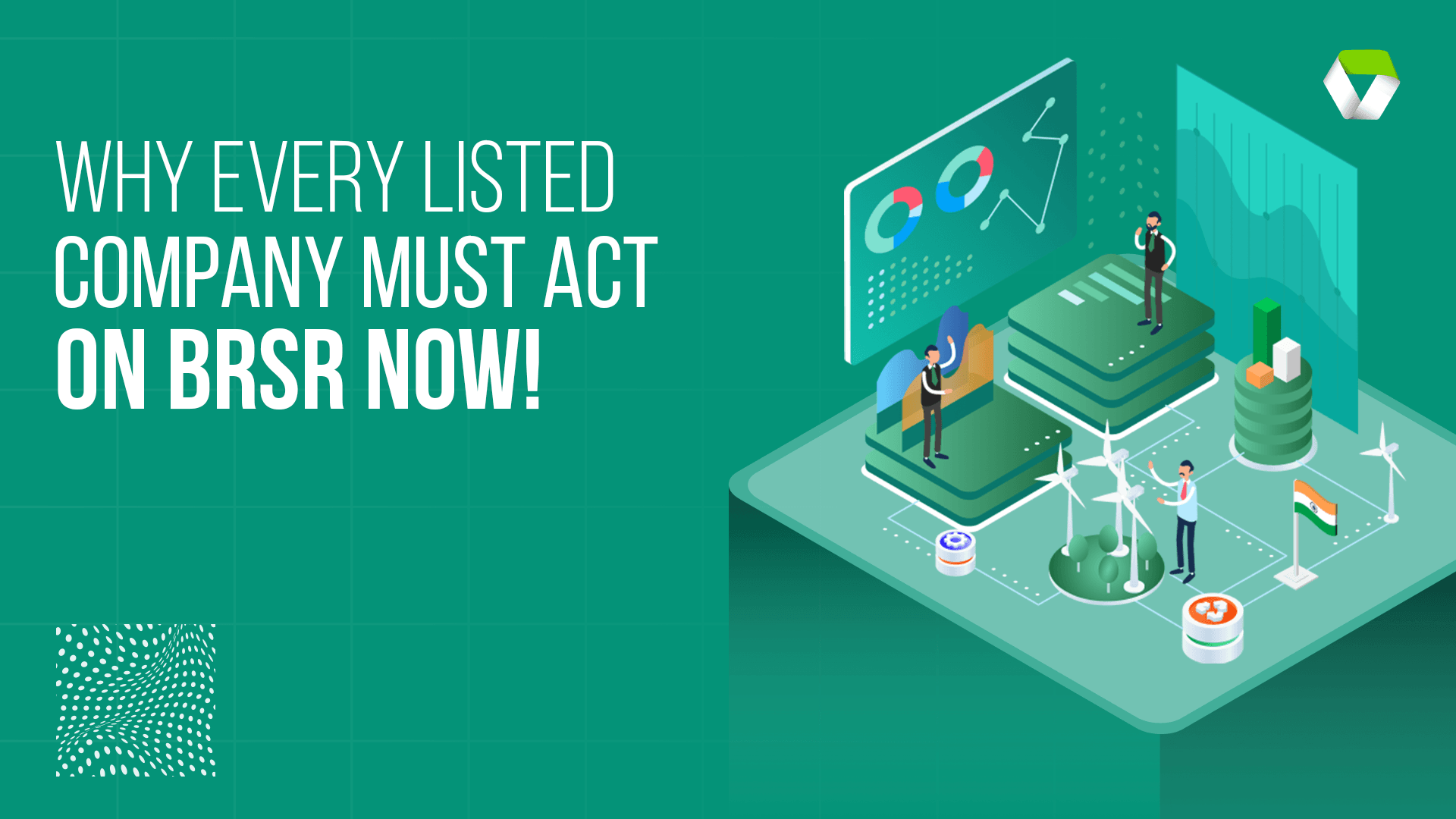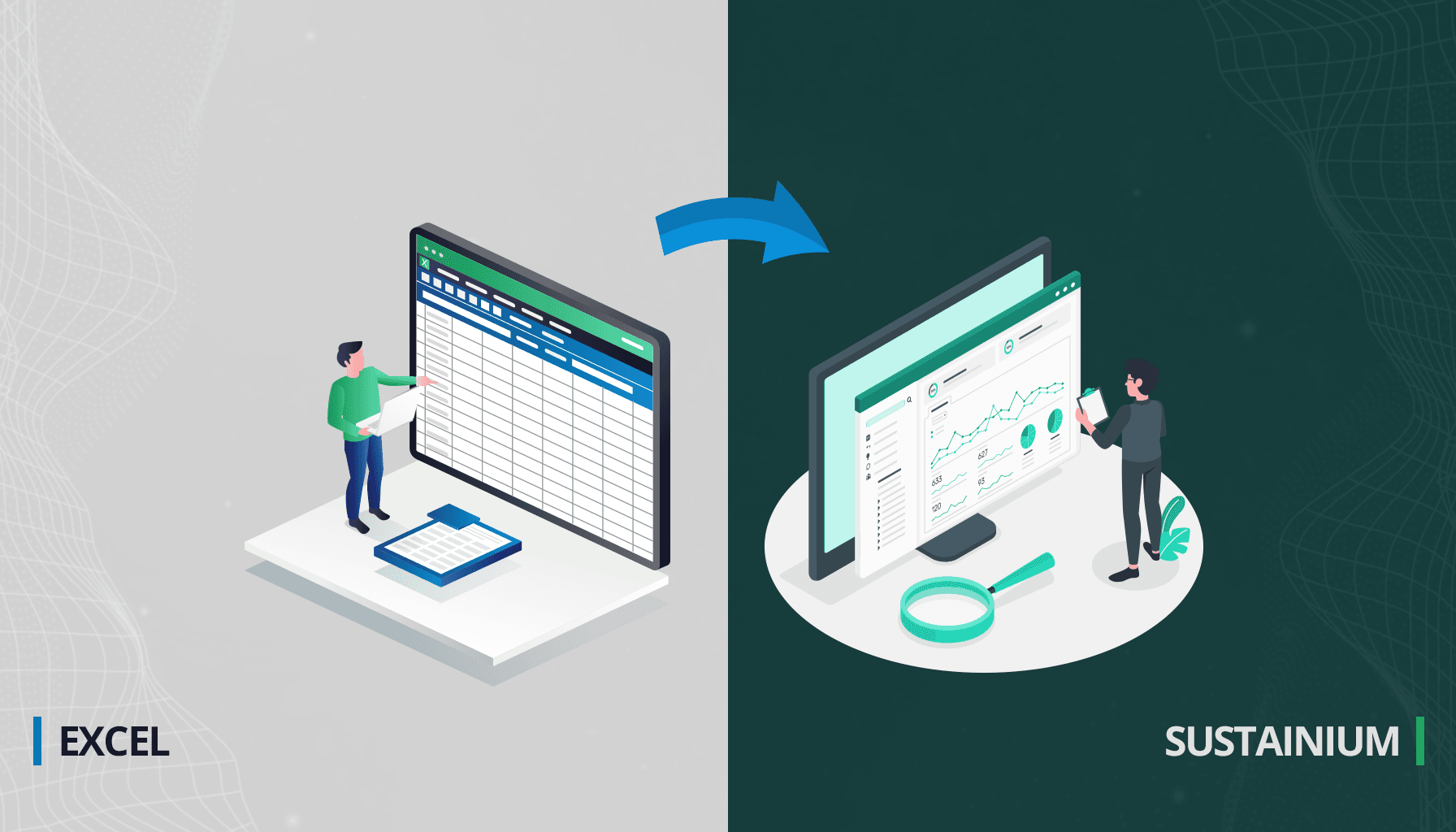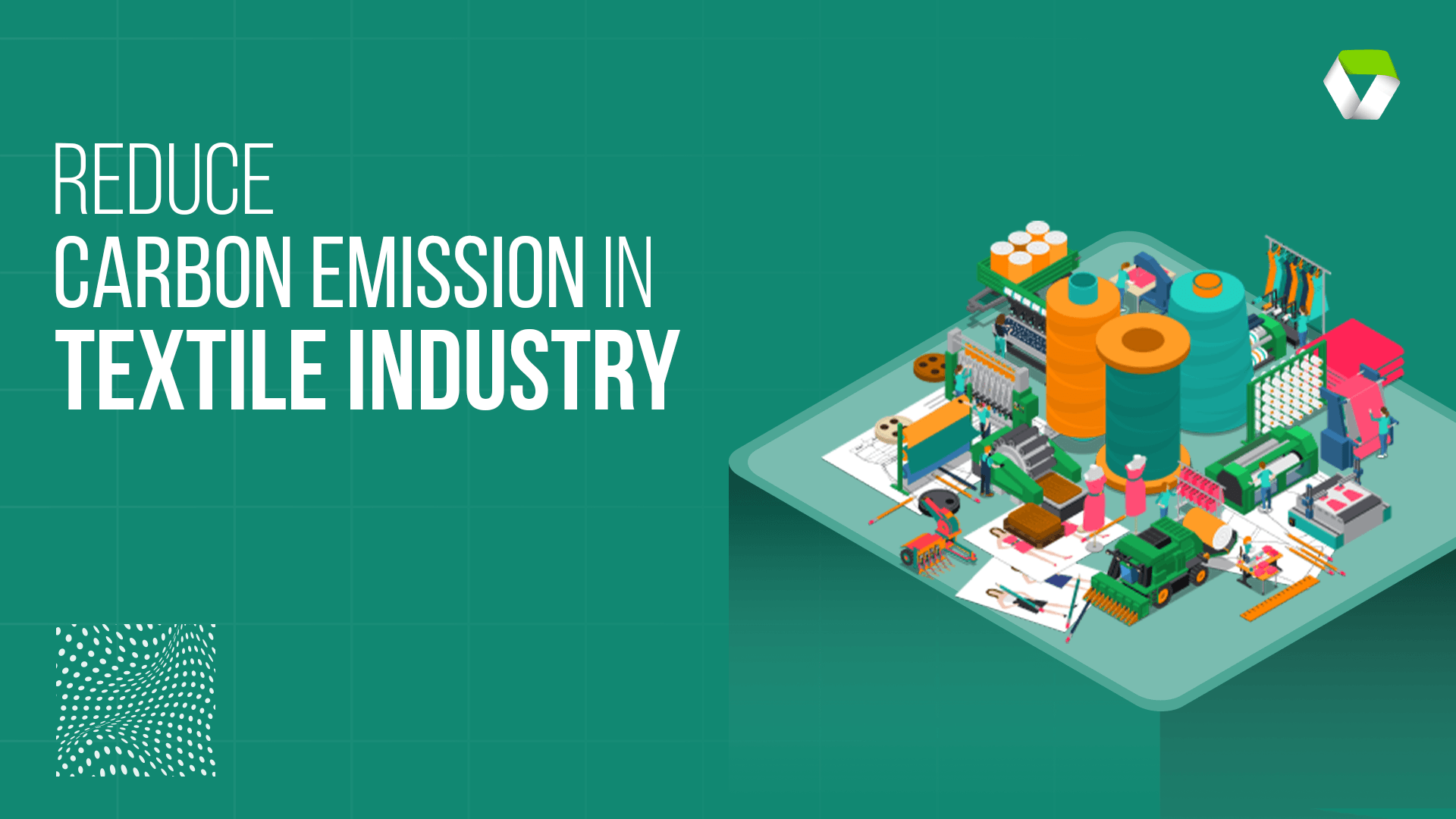Empowering Sustainability: Unveiling the Pivotal Role of Carbon Accounting Software

In the era of heightened environmental consciousness, businesses are increasingly recognizing the pivotal role they play in shaping a sustainable future. Carbon accounting software has emerged as a game-changer, empowering organizations to not only measure and manage their carbon footprint but to strategically advance their sustainability agendas. In this blog post, we'll dive into the multifaceted role of carbon accounting software in driving meaningful and lasting sustainability practices.
1. Understanding the Foundations: What is Carbon Accounting Software?
Before delving into its role, let's understand the essence of carbon accounting software. This specialized tool is designed to track, calculate, and manage greenhouse gas emissions throughout a company's operations. It goes beyond mere data collection, offering a comprehensive and real-time view of the environmental impact associated with business activities.
2. Navigating the Complexity of Sustainability Reporting
One of the primary functions of carbon accounting software is to simplify the intricate process of sustainability reporting. From carbon emissions to other environmental metrics, these tools streamline data collection and reporting, enabling businesses to communicate their sustainability efforts transparently to stakeholders, customers, and regulatory bodies.
3. Beyond Compliance: Strategic Sustainability Planning
While compliance with regulations is a crucial aspect, carbon accounting software propels businesses towards a more strategic approach to sustainability. It empowers organizations to set, monitor, and achieve ambitious sustainability goals, whether aligned with international frameworks like the IPCC or the Science-Based Targets initiative (SBTi). This proactive stance positions companies as leaders in the global sustainability movement.
4. Identifying Emission Hotspots: From Insight to Action
Carbon accounting software acts as a diagnostic tool, pinpointing specific areas within the value chain that contribute significantly to the carbon footprint. Armed with this knowledge, businesses can implement targeted strategies to reduce emissions, optimize processes, and minimize environmental impact where it matters most.
5. Benchmarking for Continuous Improvement
A standout feature of carbon accounting software is its ability to benchmark emission results against industry peers and organizations of similar nature. This not only fosters healthy competition but also provides valuable insights for continuous improvement. Businesses can learn from the best practices of others, driving innovation and efficiency in their sustainability efforts.
6. Enabling Net Zero Ambitions: Bespoke Emission Reduction Plans
As the world collectively strives for net-zero emissions, carbon accounting software becomes an indispensable ally. It facilitates the creation of bespoke emission reduction plans, guiding businesses towards aligning with international frameworks and science-based approaches. This not only contributes to the global climate agenda but also future-proofs businesses in an evolving regulatory landscape.
Conclusion: Driving Transformation Towards a Sustainable Tomorrow
In conclusion, the role of carbon accounting software in sustainability is transformative. It's not just a tool for compliance but a catalyst for meaningful change. By leveraging these advanced solutions, businesses can navigate the complexities of environmental responsibility, reduce their carbon footprint, and actively contribute to building a sustainable and resilient future. Stay tuned for more insights on how carbon accounting software can empower your organization in the journey towards sustainability excellence!






